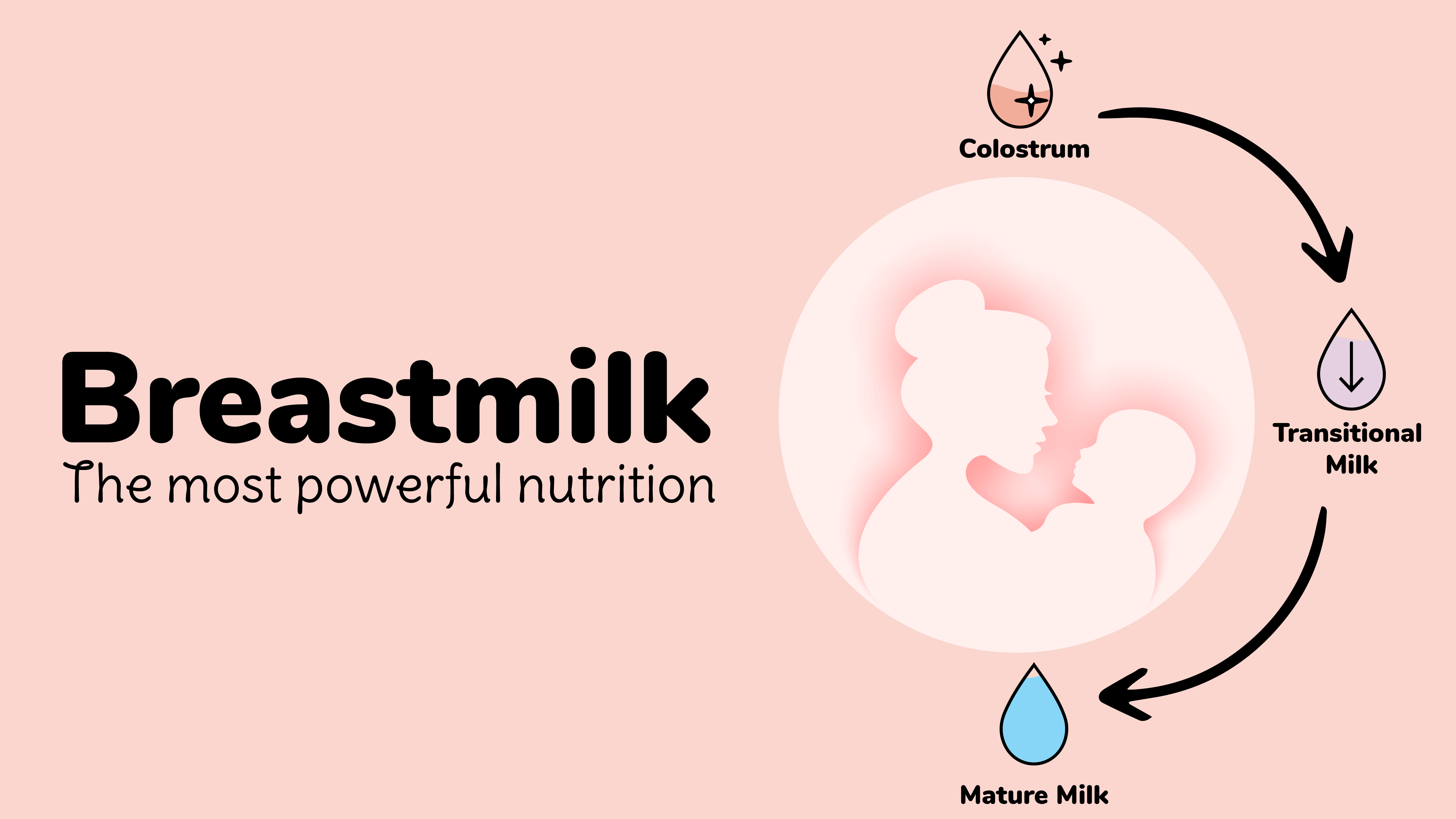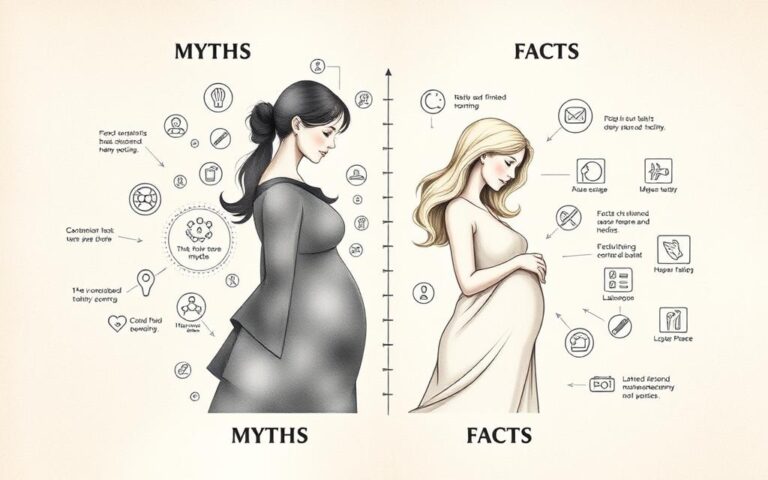Essential Facts About Breastfeeding

Considering breastfeeding? Here are some key facts to help you make an informed decision.
The Nutritional Benefits
- Complete Nutrition for the First Six Months:
- Breast milk provides all the essential nutrients your baby needs for the first six months of life. After six months, while introducing other foods and drinks becomes necessary, breastfeeding can and should continue to supplement their diet.
2. Long-Term Nursing:
- The duration of breastfeeding is a personal choice. Some experts recommend continuing until the baby shows no interest in breast milk, while others suggest it’s fine to stop any time after six months. Consult with your healthcare provider for personalized advice.
Bonding and Emotional Benefits
- Skin-to-Skin Contact:
- Breastfeeding offers unique bonding opportunities through skin-to-skin contact, fostering a strong emotional connection between mother and child.
4. Pumping for Convenience:
- If you can’t always be with your baby, breast pumps can help you express milk, ensuring your baby still receives the benefits of breast milk even when you’re apart.
Also read: Is It Possible To Have Too Much Sex When Trying To Get Pregnant?
Health Advantages
- Boosted Immune System:
- Breast milk contains antibodies that can strengthen your baby’s immune system. Studies suggest breastfed babies may have a lower risk of gastrointestinal issues and infections.
6. General Health Benefits:
- While the extent of these benefits can vary, it is generally accepted that breastfed babies often experience some health advantages over formula-fed babies.
Personal Choice and Guilt-Free Decisions
- No Guilt:
- Deciding whether to breastfeed is deeply personal. While breastfeeding has its advocates, many babies who are formula-fed grow up just as healthy. Don’t let societal pressures make you feel guilty if breastfeeding isn’t the right choice for you.
Conclusion
Breastfeeding offers numerous benefits, from nutritional and health advantages to emotional bonding. However, the decision is personal, and what matters most is making the choice that best suits you and your baby’s needs. Consult your healthcare provider for guidance tailored to your specific situation.






